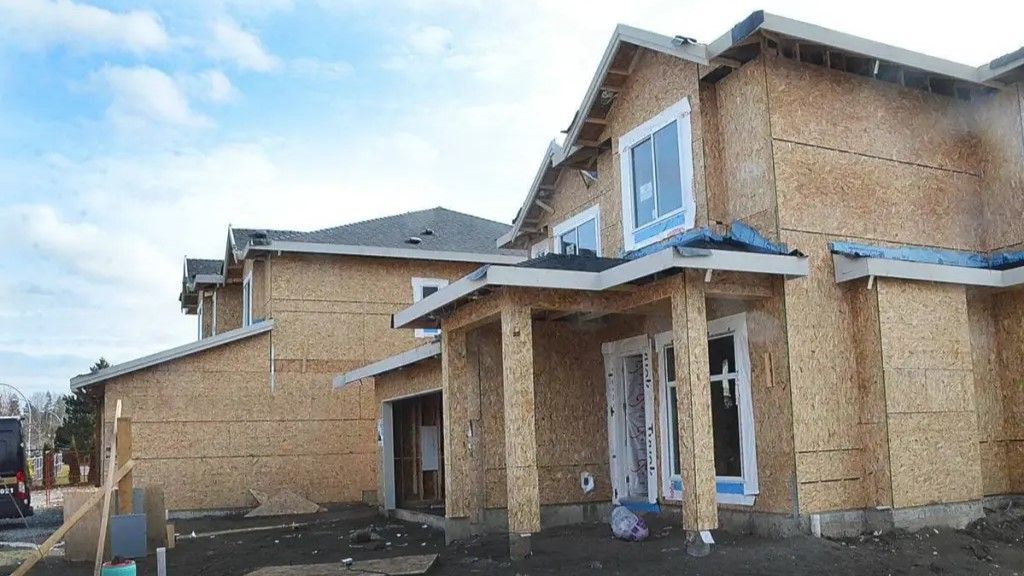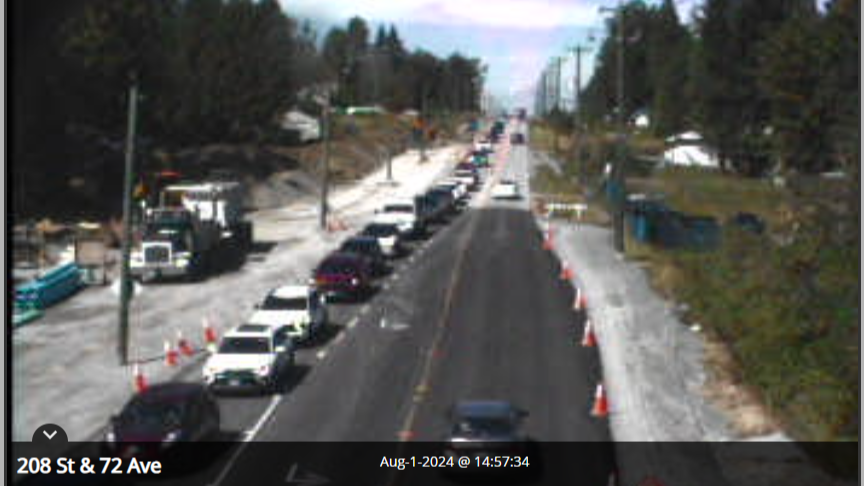A New Life In Canada Starts With A New Home.
Rita Cousins Senior Mortgage Advisor • December 14, 2021

With Mortgage Financing, home ownership for new Canadians is possible.
HERE’S WHAT YOU’LL NEED:
- A valid work permit or verification
of landed immigrant status - 3 months of employment history. If you
arrived as part of a corporate relocation,
you are exempt from this requirement. - A down payment of typically 5% if you
have full-time employment
REMEMBER, YOU HAVE OPTIONS!
There are other ways to demonstrate credit-worthiness that lenders will recognize such as:
- Proof of 1 year’s timely rent payment
history (to a non-family member) - 12 months of payment statements for
utilities, phone, cable, documented savings
or insurance premiums
I have excellent relationships with multiple mortgage lenders who specialize in
programs designed for new Canadians.








